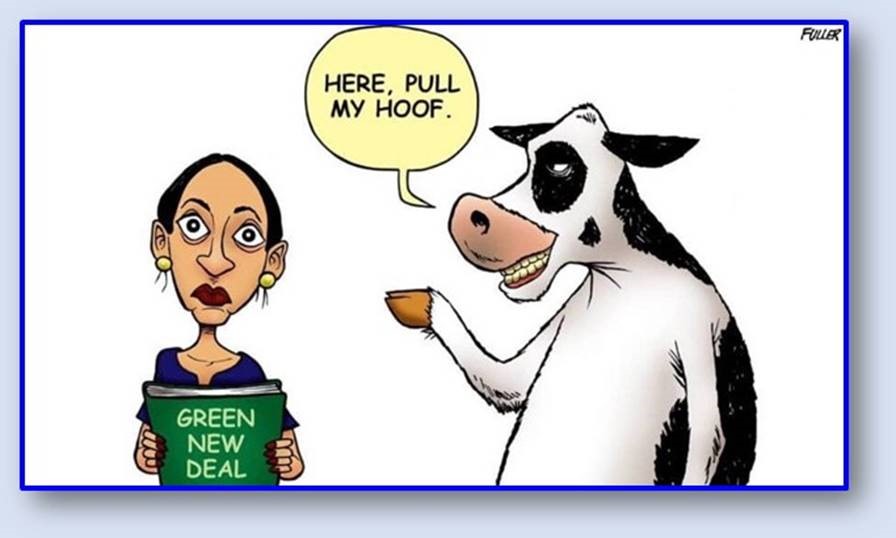
We have all been chasing that holy grail of customer satisfaction and moving towards net promoter scores as a metric of success. While this is certainly a part of the puzzle we need to understand and pursue … it is only a part.
I have studied how we learn in life and thought initially that we learn through success. Upon further study, I found that success is much less influential in our learning than failure. The mark of great innovators is that they fail quickly … learning from what doesn’t work and using that to define what might. They try and fail until they succeed.
If you accept this hypothesis, we should be studying customer satisfaction and net promoter scores by studying customer dissatisfaction very closely. However, go ahead and have those conversations in your organization and you will certainly notice defensive arguments and finger pointing rather than looking into what we should learn.
Here is an example from a truly competitive industry which at first glance might sound a bit like airlines charging for luggage (which really miffs me so I and others now carry on everything). The hotel industry has studied a small element of customer dissatisfaction and found a new revenue source.
Let’s see where this one lands. Personally, I like this idea.
 Gee … I thought Al Gore invented the Internet. Today I read in USA Today that he didn’t. Who can you trust anymore?
Gee … I thought Al Gore invented the Internet. Today I read in USA Today that he didn’t. Who can you trust anymore? I have long criticized this name for advocacy organizations because it shows their intent: hopefully gore the ox of their “adversaries” in life. Compromise is not their intent, nor is a balanced discussion of any issue.
I have long criticized this name for advocacy organizations because it shows their intent: hopefully gore the ox of their “adversaries” in life. Compromise is not their intent, nor is a balanced discussion of any issue. I pointed out that water might be the next critical infrastructure concern in a recent blog, especially in the West. Water is a largely hidden resource… not many people pay attention to groundwater availability until they run out of it. So, I get the disconnect.
I pointed out that water might be the next critical infrastructure concern in a recent blog, especially in the West. Water is a largely hidden resource… not many people pay attention to groundwater availability until they run out of it. So, I get the disconnect. Well, it was a bit refreshing to see the media beat up on some of the recent political nonsense about global warming. I have covered the issues around bovine flatulence before… methane is a very powerful greenhouse gas. Not sure whether these zealots will go after beans like the late former President Bush went after broccoli. It is pretty funny to see the political cartoonists all weigh in. Here is just one for your viewing pleasure:
Well, it was a bit refreshing to see the media beat up on some of the recent political nonsense about global warming. I have covered the issues around bovine flatulence before… methane is a very powerful greenhouse gas. Not sure whether these zealots will go after beans like the late former President Bush went after broccoli. It is pretty funny to see the political cartoonists all weigh in. Here is just one for your viewing pleasure: